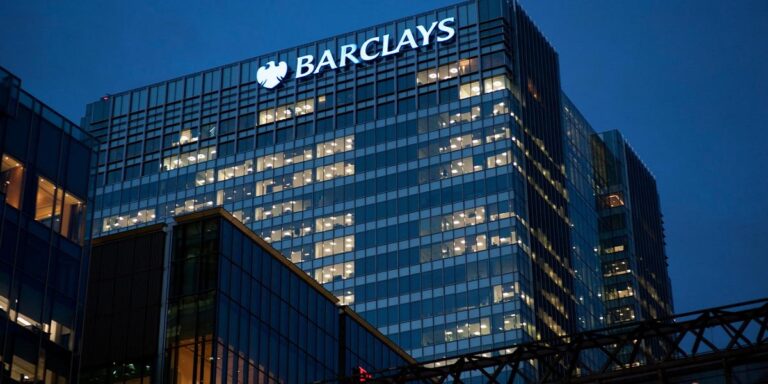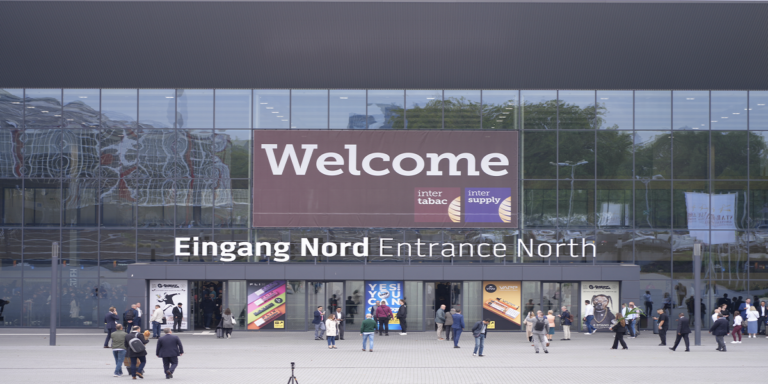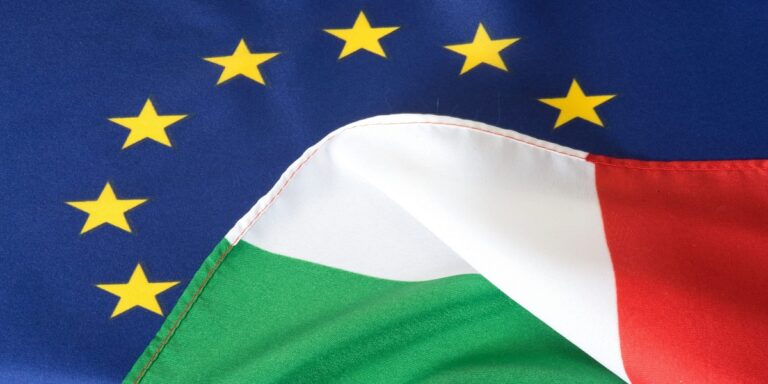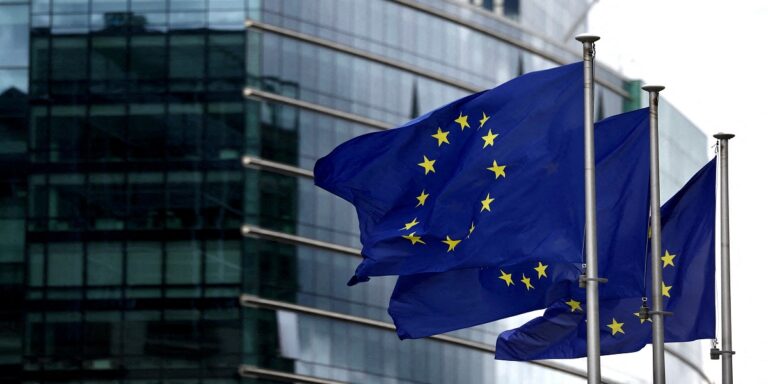On July 21, 2024, Japan Tobacco International (JTI) announced the commencement of its first green factory in North and West Africa, located in Morocco.
Project Approval and Strategic Alignment
Approval by the National Investment Commission
The project received the green light from Morocco’s National Investment Commission in January 2024. This approval signifies the project’s compliance with national investment policies and its potential contribution to economic growth.
Alignment with Morocco’s Investment Policies
The factory aligns with Morocco’s 2023 Investment Charter and the “Made in Morocco” policy introduced in 2020. These policies aim to attract foreign investment, promote local manufacturing, and enhance economic resilience.
Location and Investment Details
Factory Location: Tetouan Park, Tanger Med Industrial Zone
The factory will be situated in the Tetouan Park of the Tanger Med industrial zone, a strategic location that supports industrial growth and connectivity.
Investment Commitment
JTI is investing approximately $92 million (about 931 million Moroccan dirhams) in the project. This significant investment underscores the company’s commitment to expanding its operations in North and West Africa.
Construction Timeline and Technological Advancements
Commencement and Completion Timeline
Construction is set to begin in August 2024. The factory will incorporate the latest technologies to achieve its green factory objectives, reflecting JTI’s commitment to innovation and sustainability.
Advanced Technologies for a Green Factory
The factory will utilize state-of-the-art technologies to enhance energy efficiency and environmental sustainability. Key features include LED lighting, automated climate control systems, and rainwater collection and recycling systems for non-potable water needs.
Economic and Employment Impact
Job Creation and Gender Inclusion
The factory is expected to create 170 direct jobs and numerous indirect employment opportunities. JTI has pledged to focus on gender inclusion, aiming for 30% female employees.
Local Economic Boost
By choosing Morocco for its green factory, JTI acknowledges the country’s improved business environment. The project is anticipated to stimulate local economic growth and provide new opportunities for the workforce.
Environmental Sustainability Initiatives
Energy Efficiency Measures
The factory will implement several energy efficiency measures, such as LED lighting and automated climate control systems, to minimize energy consumption and reduce its carbon footprint.
Water Conservation Strategies
To further its sustainability efforts, the factory will install a rainwater collection and recycling system. This system will meet non-potable water needs, conserving valuable water resources and promoting eco-friendly practices.
Groundbreaking Ceremony and Stakeholder Involvement
Attendees and Key Speakers
The groundbreaking ceremony was attended by prominent figures, including Jalal Benhayoun, Director of the Regional Investment Center (CRI-TTA), and other key stakeholders.
JTI’s Commitment to the Region
Jose Luis Amador, Director for North and West Africa at JTI, highlighted the project’s importance, stating, “This is a historic moment marking the beginning of a new era for JTI in North and West Africa.”
Public and Industry Reactions
Support for Sustainable Development
The project has garnered support from public health advocates and environmentalists who view it as a positive step towards sustainable industrial practices.
Business Community Response
The local business community welcomes the investment, recognizing the potential for job creation and economic growth. There is also interest in the technological advancements and sustainable practices introduced by the project.
Future Outlook and Potential Developments
Long-term Impact on the Economy
The factory is expected to have a lasting positive impact on the Moroccan economy, fostering industrial growth and creating new opportunities for the local workforce.
Expansion of Green Initiatives
JTI’s green factory could pave the way for similar initiatives in the region, encouraging other companies to adopt sustainable practices and contribute to environmental conservation.
Conclusion
Japan Tobacco International’s new green factory in Morocco marks a significant milestone in the company’s expansion into North and West Africa. By incorporating advanced technologies and sustainable practices, the project aligns with Morocco’s investment policies and contributes to economic growth and environmental conservation.
FAQs
What is the significance of JTI’s new factory in Morocco?
The factory represents JTI’s first green factory in North and West Africa, aligning with Morocco’s investment policies and sustainability goals.
How much is JTI investing in the project?
JTI is investing approximately $92 million (about 931 million Moroccan dirhams) in the factory.
How will the factory impact local employment?
The project is expected to create 170 direct jobs and numerous indirect employment opportunities, with a focus on hiring 30% female employees.
What are the environmental sustainability measures implemented by the factory?
The factory will implement energy efficiency measures and water conservation strategies, including LED lighting, automated climate control systems, and a rainwater collection and recycling system.
What is the broader impact of the project on the Moroccan economy?
The factory is anticipated to boost the local economy, stimulate industrial growth, and provide new opportunities for the workforce.


















